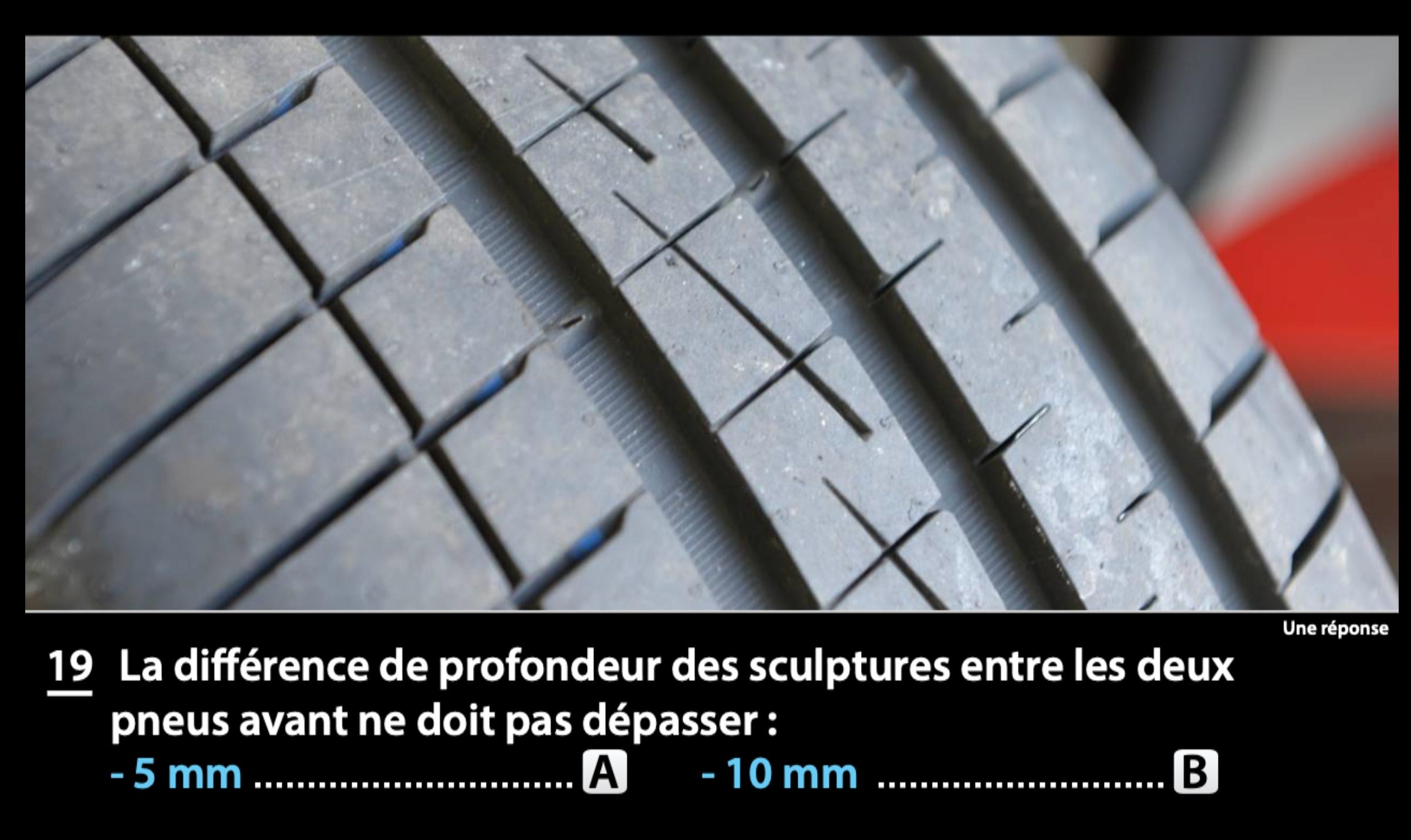Getting a Driver's License in France
2024-11-26Getting a driver’s license isn’t always a walk in the park, but France takes this challenge to an entirely new level. As someone who recently navigated this labyrinthine system, I can attest that obtaining a French driver’s license is an exercise in patience, persistence, and deep pockets.
The first shock for many aspiring drivers is the cost. While other European countries manage to keep licensing costs reasonable, French driving schools charge upwards of €2,500 for a complete program, often involving around 35 hours of driving spread over roughly two months (without including the theoretical written exam, which you have to pass before any practical lesson). This sum – roughly equivalent to two months’ minimum wage – effectively turns driving from a basic skill into a middle-class luxury. For blue collar workers and young job seekers who need a license to access employment opportunities, this creates a painful catch-22: they need a job to afford the license, but they need the license to get the job.
The system also suffers from a disconnect from reality. Driving instructors and examiners enforce extraordinarily strict standards – think of facing a final boss in a video game, but with more paperwork. While the emphasis on safety is commendable, it creates an almost comical contrast with actual French driving culture: from your very first lesson, you’ll notice that you’re essentially driving differently from everyone else around you. Yet during your test, failing to check your blind spot for the nth time or not maintaining the perfect distance from the curb can be assessed as a “faute éliminatoire”, or “eliminatory error”, resulting in immediate failure regardless of how well you performed on the rest of the exam. This disconnect raises serious questions about the effectiveness of such rigid evaluation criteria when the daily driving culture often ignores these very same principles.
But by far, by far the worst aspect of the experience revolved around how France has managed to create an artificial scarcity of examination slots such that scheduling an exam takes an average of two to three months in wait time. With a national exam pass rate hovering around 57%, this scarcity creates a nightmare scenario for failed candidates. Missing your practical test means potentially waiting months for another slot, during which time your driving school will mandate that you take additional lessons to justify the overhead on their end – at considerable expense, of course.
This bottleneck can have serious real-world consequences. Imagine losing out on a job opportunity because you can’t secure a testing slot, or having to postpone starting a new position because the earliest available exam date is three months away. The administrative nightmare this creates for driving schools is equally noteworthy, as they juggle limited slots among anxious students.

France needs to seriously reconsider its approach to driver education and licensing. While maintaining high safety standards is crucial, the current system’s inefficiencies and inequities are counterproductive. Looking to neighbors like Switzerland or the UK, known for their exemplary driving standards without the byzantine bureaucracy, could provide valuable insights.
Key areas for reform should include:
- Increasing the availability of examination slots
- Aligning testing standards more realistically with actual driving conditions
- Providing better support for working-class individuals who need licenses for employment
Until these changes occur, getting a driver’s license in France will remain what it is today: an unnecessarily complex, expensive, and stressful rite of passage that often feels designed to fail rather than succeed.
Despite these challenges, the reward – the freedom to drive yourself and others, to explore new places, and to enjoy the privacy and convenience of personal transportation – makes the struggle worthwhile. But it shouldn’t have to be this hard — or, if you insist on making it hard, make it hard for good reasons, instead of things like artificial scarcity around practical exam dates, or quizzing people about tire groove depths.
More coverage of topic in a recent article in the French press
